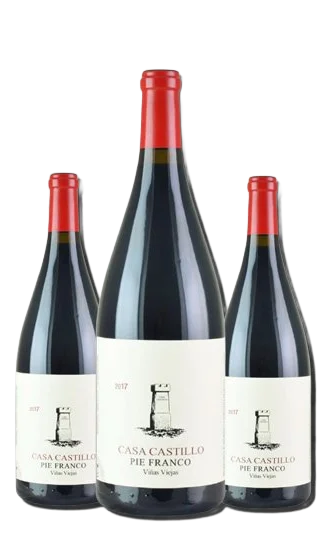Years ago, when I was studying in Vancouver, one of my professors had a simple way of connecting with his students that has stuck with me for years. He and his wife would invite groups of his students to his home to eat soup. After welcoming us in, he’d gesture into the kitchen, “Grab a mug and a spoon, the soup is on the stove.” In his kitchen, he built a series of shallow shelves that covered much of one wall. On the shelves were dozens of large soup-sized mugs. With that simple invitation, we would ladle up some soup from a big warm pot on the stove, butter up a bun, and enjoy our time together. My professor’s soup nights became more than soup, they became a fond memory. For a few hours we would talk and laugh about family, life, ideas, and books, finishing the night by doing the dishes and helping clean up. It was perfect.
Creating meaningful memories with others is often lo-fi. Relationships are formed around simple moments of hospitality, maybe around soup, with stories and ideas. In a hi-def world where most of our relationships are found through the screen of our computer, it’s almost radical to suggest that we start getting together to eat soup.
Maggie Stuckey writes about how soup changed her neighbourhood. A resident of Portland, she found that regular soup nights profoundly transformed the street where she lives. She writes in her book, Soup Night, “At its core, Soup Night is a stunningly simple idea: get everybody together once a month for an informal soup supper. What is not so simple – what is in fact quite extraordinary – is what happens next. A strong sense of community replaces isolation. People no longer feel like strangers and children thrive in a safe environment, watched over by many loving adults.”
But here’s something they didn’t expect about their simple soup night suppers together. People heard about the vibrant community that was coming together on her street. Soup nights led to friendships, which led to more fun, and even support during difficult seasons of life. Her neighbourhood became the kind of neighbourhood where people want to live. One of her neighbours, Marty, writes, “Everybody wants to live on this street. People go door to door, trying to find someone who is thinking about selling.” Could you imagine if the people on your street meant so much to you that you were not willing to move, and others were knocking on your door asking if they could buy your home? Imagine a future where the quality of our neighbourhoods and the depth of our relationships actually made Chestermere the most uniquely desirable city in Alberta?
This lo-fi vision of neighbouring is certainly simple, almost simple enough to try ourselves. Consider what it would take to plan a soup night, this month, for the people on your street or in your neighbourhood. If you have a pot, a favourite soup recipe, and a willingness to invite others over, then you’re ready.
Creating the kind of city and neighbourhoods we want begins with us, today. Fostering healthy neighbourhoods in challenging times may not be exotic, in fact our very best work may happen as we sit long, laugh easily, and share a meal together. “Welcome, the soup is on the stove.”





